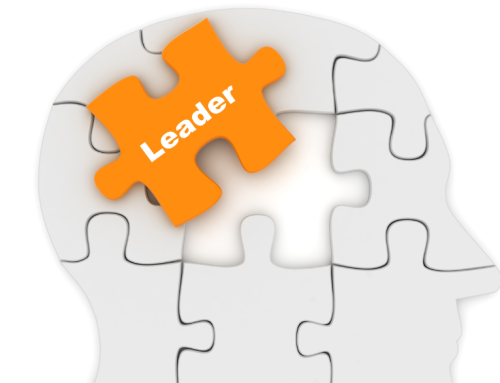
Our workplace climate is influenced by its leaders up to a whopping 70%, and many would believe that that is a significant enough percentage to warrant spending time learning how to deliberately create positive climates.
When we recognise the role that emotions play in our culture, we can ensure that we are influencing them positively. By thinking of emotions as information, or data, it can give leaders huge clues as to what is going on within their teams. Even for leaders who are not used to considering emotions at work, when they can reframe their understanding of emotions and recognise their undeniable role in performance, they can leverage a whole new world of engagement, motivation and collaboration.
Scientist and writer Leonard Mlodinow said, ‘Where we once believed that emotion was detrimental to effective thought and decisions, we now know that we can’t make decisions, or even think, without being influenced by our emotions.’ It’s been proven repeatedly that if an emotional culture is given deliberate development, then it is more likely that the emotions that drive best performance are at play as opposed to the emotions that drive unsatisfactory results.
Three steps to put the role of emotions at the forefront of culture building:
- Talk to our leaders about the unavoidable fact that our emotions drive our performance, highlighting the fact that positive emotions increase dopamine, the fuel we need for optimal performance
- Identify which emotions drive the best performance from themselves and their teams and which ones to avoid so that you don’t unintentionally create a negative environment
- Examine and discuss with your teams what can be altered in the environment to ensure the desired emotions are elicited and commit to the actions that will stop unnecessary negative emotions
Activate emotional intelligence in your leaders, and the benefits will show. As Sigal Barsade, Professor of Management at Wharton, said: “Emotional culture is shaped by how all employees—from the highest echelons to the front lines—comport themselves day in and day out. But it’s up to senior leaders to establish which emotions will help the organisation thrive, model those emotions, and reward others for doing the same. Companies in which they do this have a lot to gain.”

Deb is a Senior Consultant who is passionate about Positive Leadership and brings with her a wealth of experience in applying Positive Psychology and the Neuroscience of Leadership to excel in leadership and performance. Book here for a conversation to learn more about our leadership and capability programmes.






